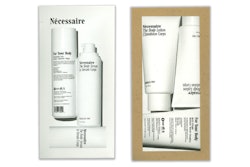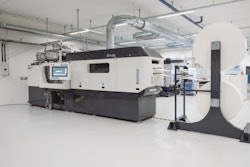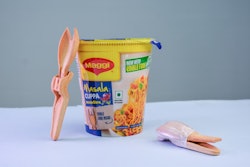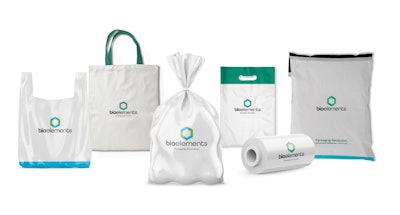
This content was written and submitted by the supplier. It has only been modified to comply with this publication’s space and style.
Bioelements Group, a sustainable packaging company in Latin America and the United States, announced that it has entered into a partnership with Michigan State University’s (MSU) School of Packaging to test the biodegradation for sustainable packaging.
Since its founding in 1952, Michigan State University's School of Packaging (SoP) has been an expert in packaging education, research, and service, consistently driving innovation and advancing knowledge in the field. SoP students are trained to make informed packaging decisions using a data-driven, material-neutral approach. Over the decades, the School has awarded more than 10,000 degrees, solidifying its reputation as a premier institution in the packaging industry.
The partnership is structured as a project to measure the biodegradation of Bioelements’ sustainable packaging. It involves examining a sample of Bio E-8i film—one of their over 30 formulas—and its biodegradation under composting conditions in laboratory applications. The studies will focus on aerobic composting according to the ISO 14855 standard.
When compared to conventional, non-biodegradable plastics which take up to 400 years to degrade, Bioelements asserts it’s Bio E-8i film can be broken down by fungi and other microorganisms in an average of up to 20 months. Bio-E8i packaging is durable, attractive, and complies with the regulations of each country where it operates and may reduce carbon footprints by up to 60%.
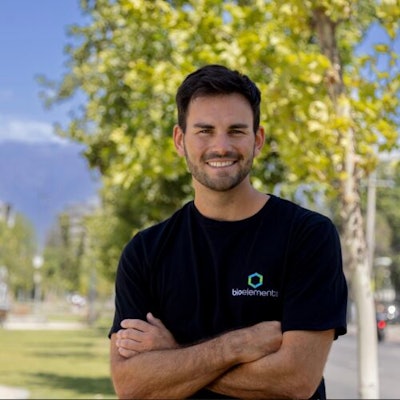 Ignacio Parada
Ignacio Parada
MSU will provide the South American company with a biodegradation curve to understand how the materials behave during the biodegradation process under simulated industrial composting and how long it takes for them to fully biodegrade in this environment.
“MSU’s School of Packaging is excited about this new collaboration and looks forward to advancing the development of home and industrial compostable packaging,” said Rafael Auras, Ph.D., Professor, Amcor Endowed Chair in Packaging Sustainability at the MSU School of Packaging. “This partnership aims to develop further packaging materials to be recovered with organic waste when contaminated.”
This is the first of such a partnership in the United States for the company as it has struck similar arrangements with research institutions in South America.
This partnership adds to the list of milestones that Bioelements has experienced in recent times, along with the opening of its own laboratory in Santiago and the recognition by the Financial Times as one of the fastest growing companies in the Americas. It continues to make great strides in Latin America markets as well as the newly entered U.S. market, including with such customers as Adidas, Chile-Peru, Australis Seafoods, Justo, Privalia, Walmart Mexico, among others.


